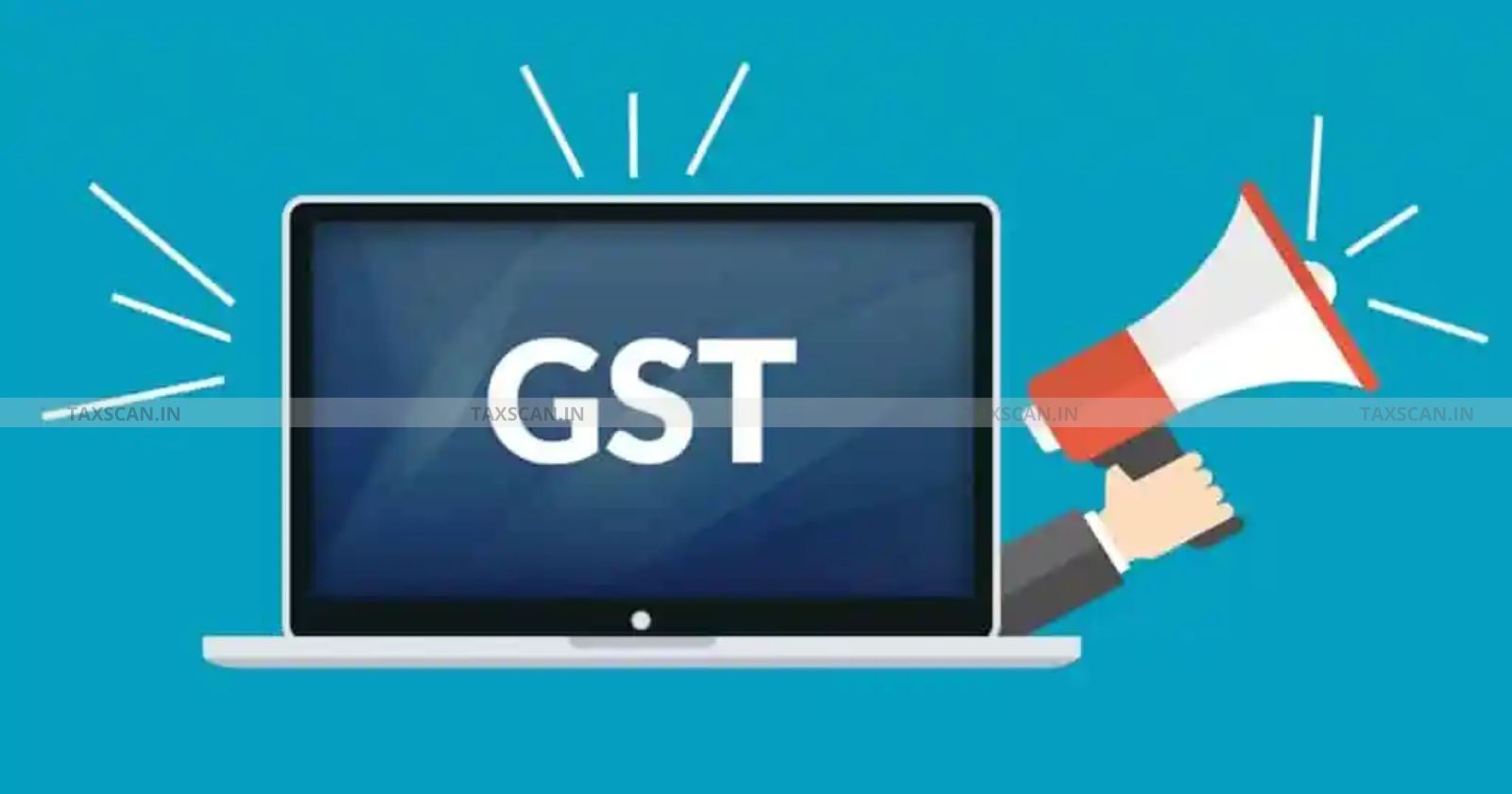Mere Absence of Activity at Principal Place Does Not Prove Fake Invoice or Lack of Goods Ownership: Allahabad HC [Read Order]
The Court noted that legitimate business operations can often be mobile or temporarily inactive at the principal place due to various practical reasons
![Mere Absence of Activity at Principal Place Does Not Prove Fake Invoice or Lack of Goods Ownership: Allahabad HC [Read Order] Mere Absence of Activity at Principal Place Does Not Prove Fake Invoice or Lack of Goods Ownership: Allahabad HC [Read Order]](https://images.taxscan.in/h-upload/2025/07/18/2064957-fake-invoices-1.webp)
In a recent ruling, the Allahabad High Court has quashed a GST (Goods and Services Tax) penalty order imposed for alleged fake invoicing and wrongful ownership on the mere basis of inactivity at its principal place of business.
The Court held that the absence of visible activity at a registered business address cannot, by itself, lead to the conclusion that invoices are fake or that the entity is not the rightful owner of the detained goods.
Understanding Common Mode of Tax Evasion with Practical Scenarios, Click Here
The Assistant Commissioner, Commercial Tax OF Muzaffarnagar, imposed a penalty under Section 129(1)(b) of the CGST Act on S.S. Enterprises, the petitioner of this case, alleging that the petitioner was not the owner of the goods in transit and that the invoices were fabricated.
The authorities relied on two grounds: first, that the petitioner only responded via registered email and did not appear in person; second, that a post-detention visit to the principal place of business showed no ongoing activity, prompting suspension of the GST registration.
However, a Division Bench comprising Hon’ble Justices Shekhar B. Saraf and Praveen Kumar Giri rejected both grounds.
The Court noted that responding through registered email via the GST portal could not be treated as non-cooperation, especially in the absence of any specific summons requiring physical appearance.
On the second ground, the Bench observed that mere lack of business activity on the date of inspection does not automatically imply that invoices are fake or that goods are not owned by the taxpayer.
 Also Read:Validity of GST Notification on Time Extension u/s 73 Now Before Supreme Court: Delhi HC Denies to Address [Read Order]
Also Read:Validity of GST Notification on Time Extension u/s 73 Now Before Supreme Court: Delhi HC Denies to Address [Read Order]
The Court also noted that legitimate business operations can often be mobile or temporarily inactive at the principal place due to various practical reasons.
Placing reliance on its earlier decision in M/s Halder Enterprises v. State of U.P., the Court clarified that Clause 6 of the CBIC Circular No. 76/50/2018-GST dated 31st December 2018 squarely applied to this situation.
Since the petitioner was named in the invoice and had approached the authorities for release of the seized goods, the presumption of ownership could not be brushed aside lightly.
Accordingly, the High Court set aside the penalty order dated 24th June 2025 and directed the Assistant Commissioner to grant an opportunity of hearing to the petitioner afresh and to pass a reasoned order within eight weeks, keeping the legal principles in mind.
Support our journalism by subscribing to Taxscan premium. Follow us on Telegram for quick updates


